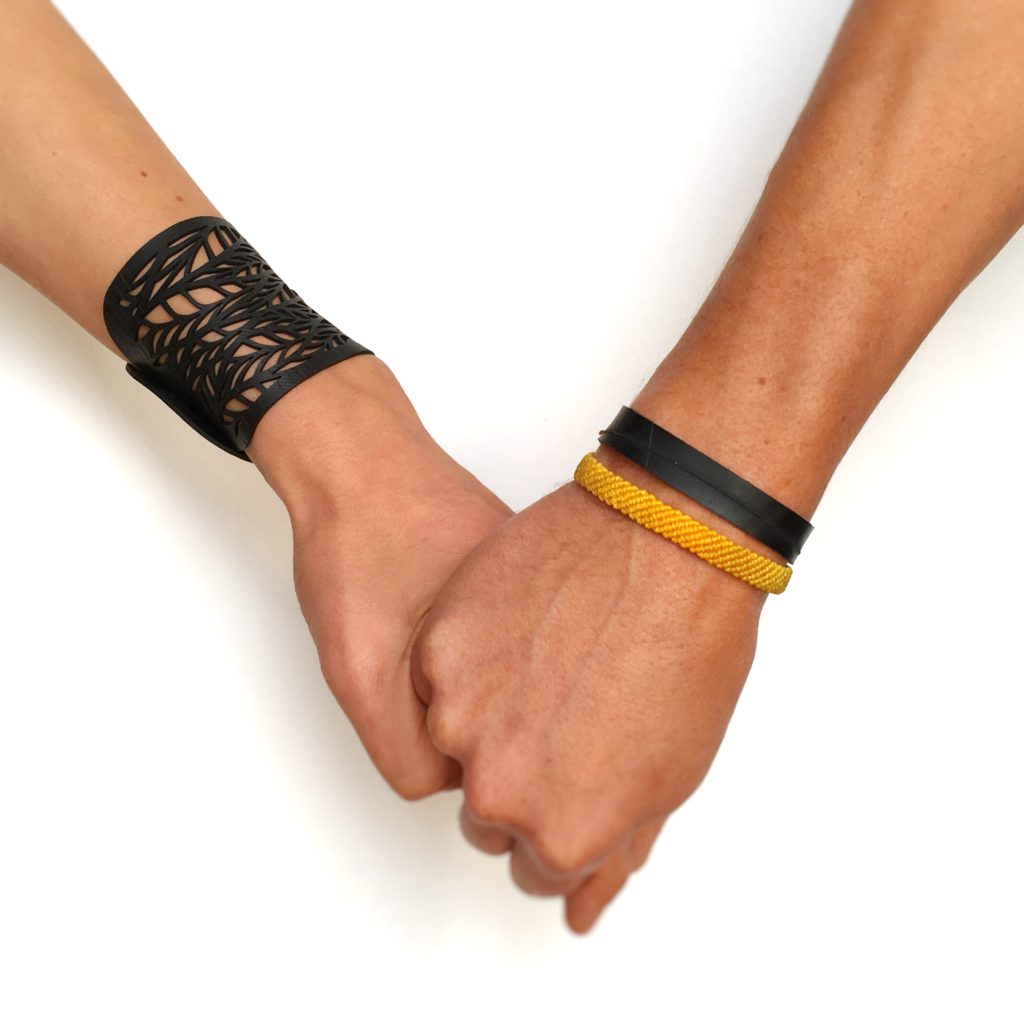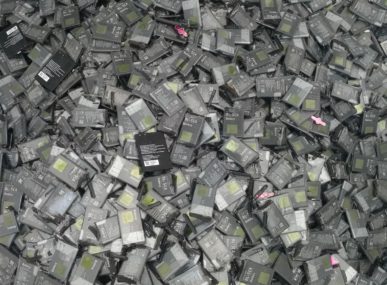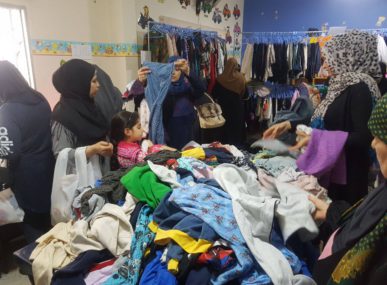“People like to look good so, we thought if we provide to that need and at the same time not be part of mass consumerism by creating upcycled products that are trendy and durable,” says Saleh who is Co-founder with her partner Valenzuela.
The pair attached such a thought with starting a blog explaining garbage and how far we’re polluting land and sea. “We started spreading awareness and creating workshops of educational value,” Saleh says.
Lama Yulu’s beginning:
Lama Yulu’s humble launch was initiated tradeshows finishing with an online shop in 2017, selling their products around Lebanon. “We’re moving slowly but surely with a diverse collection,” Saleh remarks. Saleh who is a yoga instructor added that they are currently working from their home.
Amongst the avalanche of trash that washes ashore in Lebanon, tyres are the most common and hazardous due to burning. Such hazards have short- and long-term health impacts which are highly dependent on the degree of exposure. They can vary from respiratory system problems to cancer.
And, one particular material Lama Yulu has been using is the inner tubing of tyres. “Tyres are usually disposed off in the sea or burnt on the streets,” explains Saleh. “So we have been using the inner tubes; we take them, wash and clean them and use them at our atelier. Some of them are laser-cut so we have to send them off to our manufacturers so we end up helping Lebanese workers as well.”







